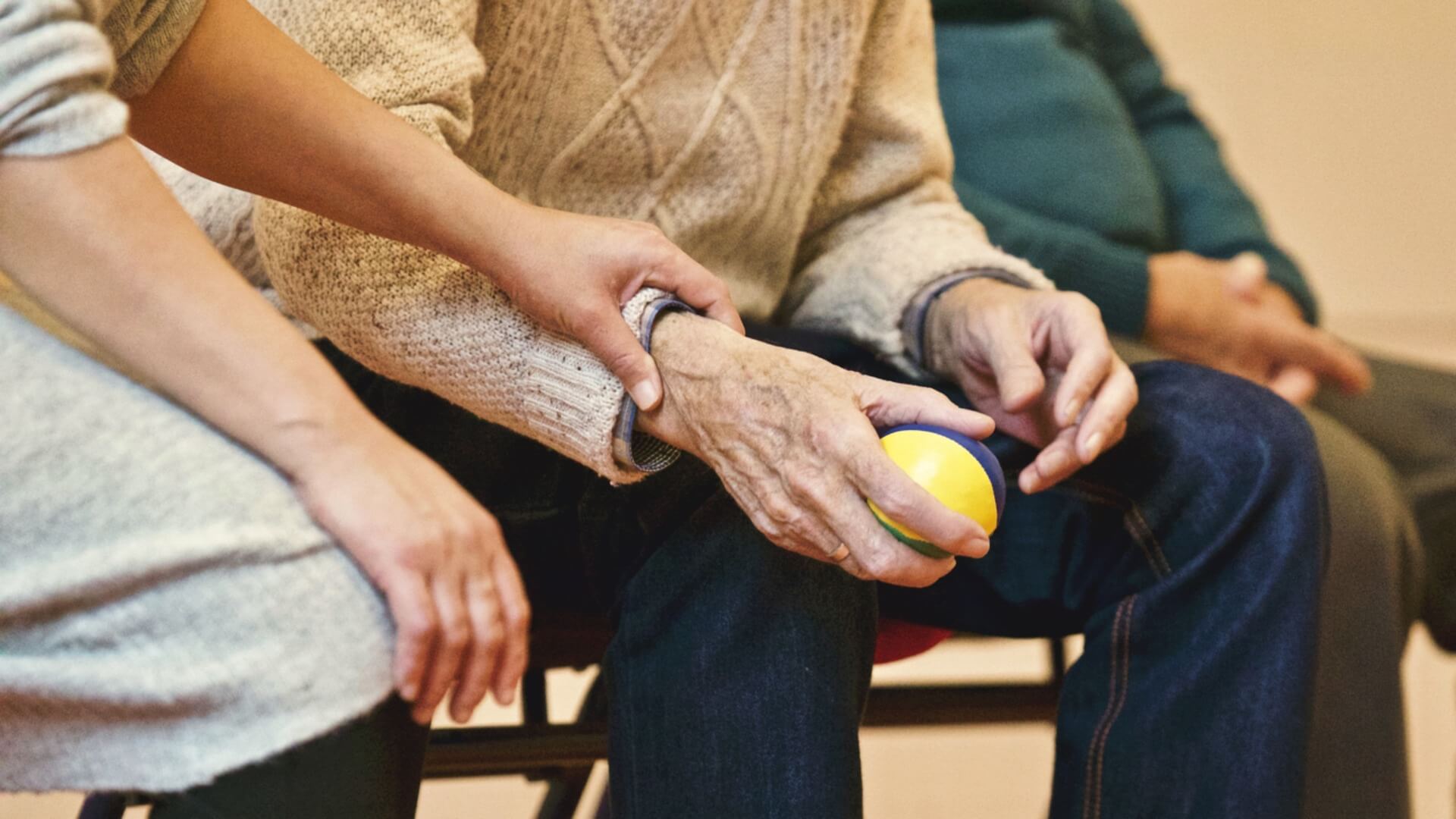Senior caregivers must be qualified and trained in order to deliver quality care. As we have often said, senior caregiving is not at all like babysitting. The parents are present at the beginning and end of a babysitting shift and children are expected to follow the directions of a babysitter. In senior care, age-related diseases such as memory loss, can be present, and the additional stress of dealing with the aging process require a trained caregiver.
Now a Northwestern University research study confirms caregiver quality is a vital when senior care services are necessary. Lee Lindquist, M.D., an associate professor of medicine at Northwestern University Feinberg School of Medicine and a physician at Northwestern Memorial Hospital, conducted a research study which is published in the July 13th issue of the Journal of American Geriatrics Society. The study confirms that quality standards are a must when hiring a senior care company.
Hire-direct care rarely works in senior care and because of the high incidents of financial abuse in senior care, many states have passed legislation requiring only licensed senior home care agencies to provide in-home care (be wary of the babysitter websites – many of them have a long list of babysitter arrests since there is a lack of identification checks to prevent an alias name from being used – – – there are new social babysitting sites where only neighborhood Mom’s are making referrals). Senior care industry professionals know that active management is necessary for successful senior care. In addition, licensed senior home care agencies provide the necessary payroll taxes and insurance coverages, such as Worker’s Compensation insurance and Professional Liability insurance to protect both the senior and the caregiver.
Proper background checks are imperative – it is important to know that a simple name and social security number match are only a beginning. Proper training for senior caregivers also should be a requirement, such as a caregiver certification course (the state of Illinois requires a minimum of 8 hours of training for senior caregivers and you should ask a senior home care agency to provide you with their training system).
Dr. Lindquist provides “10 Questions to Ask Before Hiring a Caregiver”:
- How do you recruit caregivers and what are your hiring requirements?
- What types of screenings are performed on caregivers before you hire them? Criminal background check (federal or state?), Drug screening? Other?
- Are they certified in C.P.R. or do they have any health-related training?
- Are the caregivers insured and bonded through your agency?
- What competencies are expected of the caregiver you send to the home?
- How do you assess what the caregiver is capable of doing?
- What is your policy on nproviding a substitute caregiver if a regular caregiver cannot provide the contracted services?
- If there is dissatisfaction with a particular caregiver, will a substitute be provided?
- Does the agency provide a supervisor to evaluate the quality of home care on a regular basis? How frequently?
- Does the supervision occur over the telephone, through progress reports or in-person at the home of th eolder adult?
Caregiverlist provides a Career Center for senior caregivers which includes training tools and information on the senior care industry.







